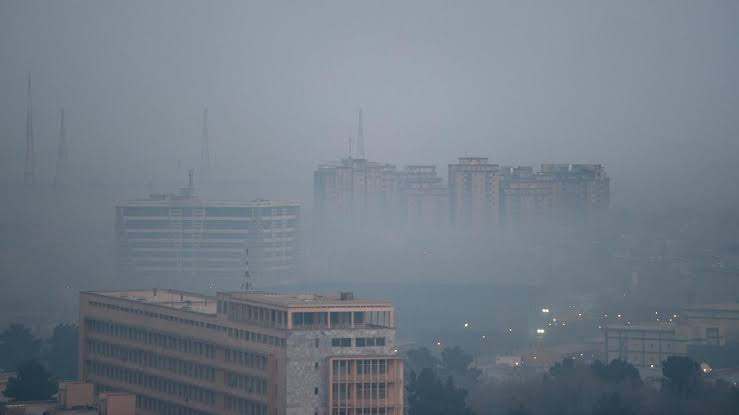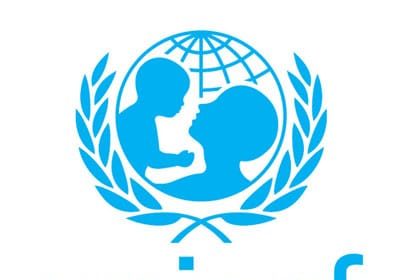RASC News Agency: The province of Kabul, the capital of Afghanistan, grapples with a severe air pollution crisis, and it appears that the Taliban group lacks a comprehensive plan to address the escalating environmental challenges. Reports indicate a significant deterioration in the air quality of Kabul in recent weeks, reaching hazardous levels. The intensified pollution poses serious health risks, particularly respiratory challenges for the city’s residents.
Despite the severity of the situation, the Taliban, currently in control of the country, has not introduced a coherent strategy to combat the pollution crisis. This lack of a clear plan raises concerns among environmentalists and residents about potential long-term consequences for public health and the environment. It must be emphasized that the Taliban’s lack of decisive action on this critical issue has led to increasing dismay and growing concerns among Kabul’s inhabitants. Calls for immediate measures to reduce pollution and safeguard the well-being of the people have also intensified.
Experts emphasize the need for comprehensive policies, including restrictions on vehicle emissions, control of industrial pollution, and public awareness campaigns. The absence of a robust environmental plan raises questions about the Taliban’s commitment to addressing broader challenges beyond immediate security concerns for the people. While Kabul grapples with this environmental emergency, citizens, and environmental advocates urge the Taliban to prioritize and implement effective measures to control pollution, protect public health, and ensure a sustainable future for the city.
It is worth noting that with the onset of winter, concerns among Kabul’s residents about an increase in air pollution have multiplied several-fold.






